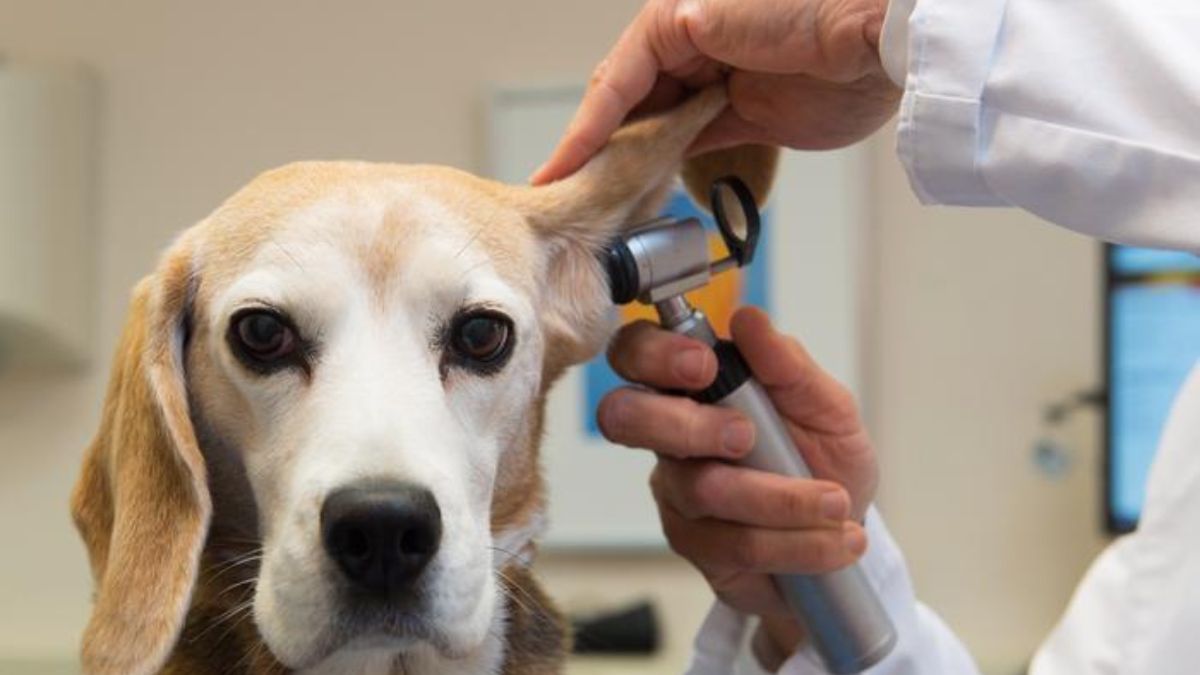As dogs age, their health needs change, requiring extra care and attention to ensure their comfort and well-being. From managing chronic health conditions to providing comfort measures for age-related changes, here are some tips for caring for senior dogs.
- Regular Veterinary Check-ups: Schedule regular wellness exams with your veterinarian to monitor your senior dog’s health and detect any age-related issues early. These exams may include blood tests, dental exams, and screenings for common senior dog ailments such as arthritis, dental disease, and cognitive dysfunction.
- Nutrition and Diet: Adjust your senior dog’s diet to meet their changing nutritional needs. Choose a high-quality senior dog food formulated for older dogs, which typically contains fewer calories and higher levels of joint-supporting nutrients such as glucosamine and chondroitin.
- Weight Management: Help your senior dog maintain a healthy weight to reduce the risk of obesity-related health problems such as arthritis, diabetes, and heart disease. Monitor their calorie intake, provide regular exercise appropriate for their age and mobility, and avoid overfeeding treats.
- Joint Health: Arthritis and joint stiffness are common in senior dogs. Provide a comfortable, supportive bed with orthopedic padding to relieve pressure on achy joints. Consider adding joint supplements or medications prescribed by your veterinarian to manage pain and inflammation.
- Dental Care: Dental disease is prevalent in senior dogs and can lead to pain, infection, and other health issues. Maintain your dog’s oral health by brushing their teeth regularly, providing dental chews or treats, and scheduling professional dental cleanings as recommended by your veterinarian.
- Exercise and Mental Stimulation: Keep your senior dog physically and mentally active to maintain their overall health and cognitive function. Adjust the intensity and duration of exercise to match your dog’s abilities, incorporating gentle activities such as short walks, swimming, and puzzle toys.
- Comfort and Mobility Aids: Consider using supportive devices such as ramps or stairs to help your senior dog access elevated surfaces more easily. Provide non-slip flooring to prevent slips and falls, and use supportive harnesses or slings to assist with mobility as needed.
- Environmental Modifications: Make adjustments to your home environment to accommodate your senior dog’s changing needs. Provide easy access to food, water, and resting areas, and minimize obstacles and hazards that could cause injury or discomfort.
- Quality of Life Assessments: Regularly evaluate your senior dog’s quality of life and make adjustments to their care as needed. Consider factors such as pain level, appetite, mobility, and overall happiness when making decisions about their care and treatment.
- Emotional Support: Provide plenty of love, attention, and companionship to your senior dog to ensure they feel safe, secure, and loved in their golden years. Spend quality time together, engage in gentle activities, and be attentive to their emotional needs.
By following these tips and providing attentive, compassionate care, you can help your senior dog enjoy a comfortable, happy, and fulfilling life well into their golden years.


